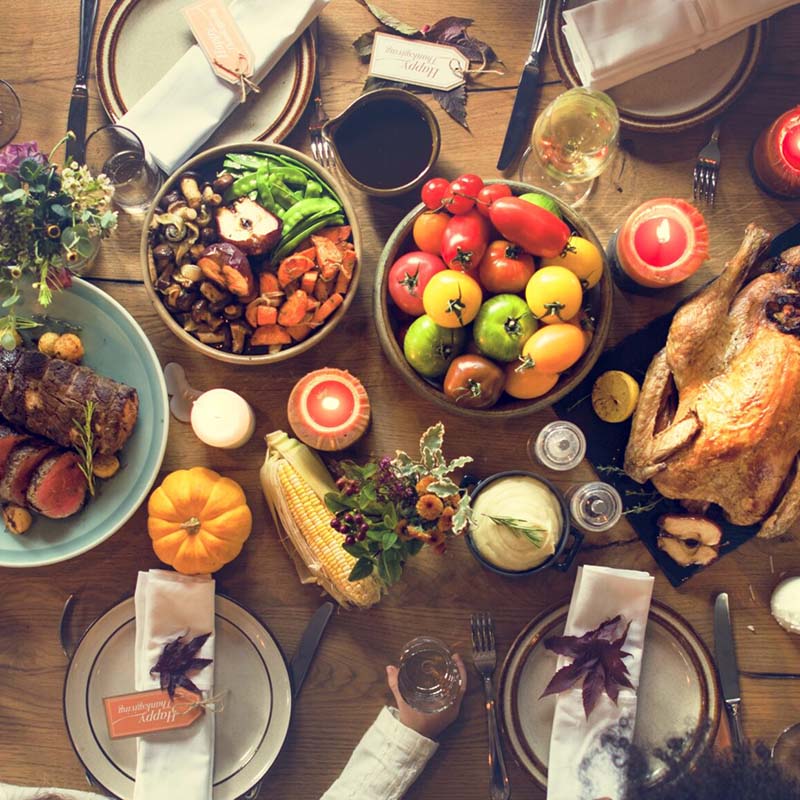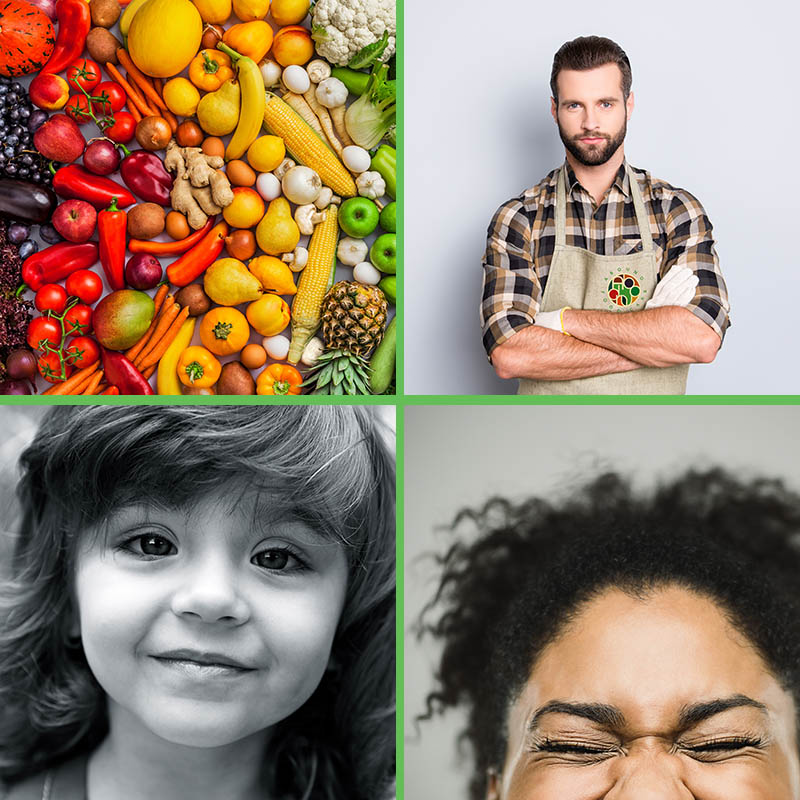
What Can We Learn From a Turkey?

By: Mike Learakos - Executive Director
November 25, 2021
Several years ago, I found myself walking through a dry riverbed that had become an encampment for over 3,500 homeless people. As we walked through the area with Healthcare officials, we noticed several people carrying plastic grocery bags with something heavy inside.
While it is not surprising to see someone in a homeless encampment carrying items in a plastic bag it seemed unusual to see so many people carrying similar bags with the same heavy contents. I walked up to one gentleman and asked him what was in the bag he was carrying. He was gracious enough to open the bag and show me that inside was a fully cooked eight-pound processed turkey breast. The type of turkey breast you see in the service deli section of your grocery store when you order sliced sandwich meats. I asked what he planned to do with it to which he replied, “I don’t know bro. I’m on parole, I can’t even have a knife. I don’t know how I’m going to eat this thing.”
To me it was an eye-opening realization that the charitable food system was inadvertently flawed. People and companies all tried to do the “right thing”, but we certainly didn’t get the right outcome. In this case, a food industry company such as a distributor, manufacturer, or processor donated that bowling ball sized turkey breast to a food bank. The food bank distributed it to a nonprofit food pantry for distribution to those in need. That organization, which is reliant on volunteers either lacked the staffing, ability or knowledge to best utilize that product and ultimately ended up handing it out to scores of homeless people while it was still safe to eat.
Yet, in spite of the best intentions, that turkey breast, and others, ended up on the floor of a dry riverbed rotting away. The opportunity to provide a much needed protein source to someone who did not have consistent access to food was lost. Instead of being a solution to a food insecurity problem, that turkey breast became part of a food waste problem.
I learned a valuable lesson from that turkey breast. I learned that we need to go beyond our best intentions and focus on identifying gaps in the food supply chain and developing solutions that can optimize food systems allowing us to produce food that meets its intended purpose…to feed people.
Abound Food Care is working with a wide array of Public, private and non-profit partners to tackle the challenges and fill the gaps that exist in food systems. Using a coordinated, collaborative approach, we are able to facilitate the donation of excess edible food to nonprofit organizations, managing logistics, ensuring proper food handling and storage, and creating nutritious meals to solve the challenges of food insecurity and food waste.
Through our solutions such as our network of food repurposing kitchens to transform that large turkey breast into 30 nutritious meals each vacuum sealed and blast frozen to extend the shelf life by up to two weeks which ensures that food will feed someone in need.
Other innovations include our development of large scale solar powered cold storage containers which serve as cold storage hubs for food banks, use of technology to more effectively connect food donors with recipients and the coordination of regional logistics assets all lead to greater efficiencies and an optimized food system.
So this Thanksgiving, I’ll not only give thanks for the turkey on the table but for the lessons learned from the turkey breast in the riverbed as well.


